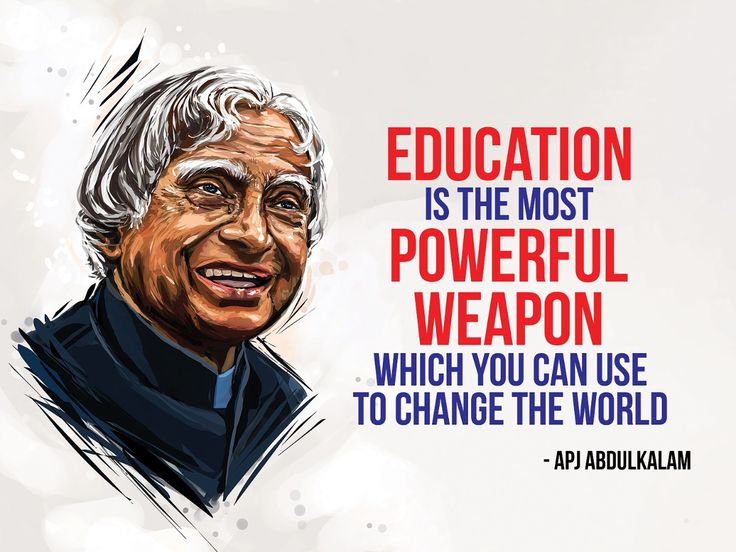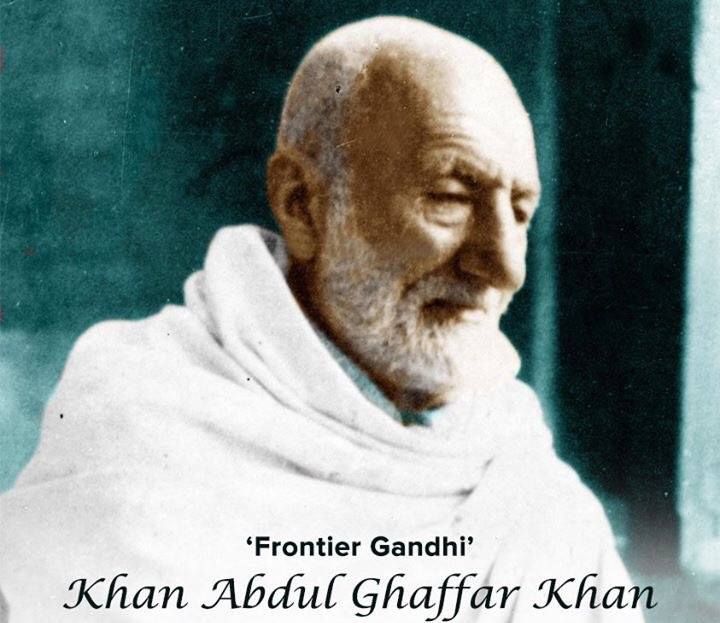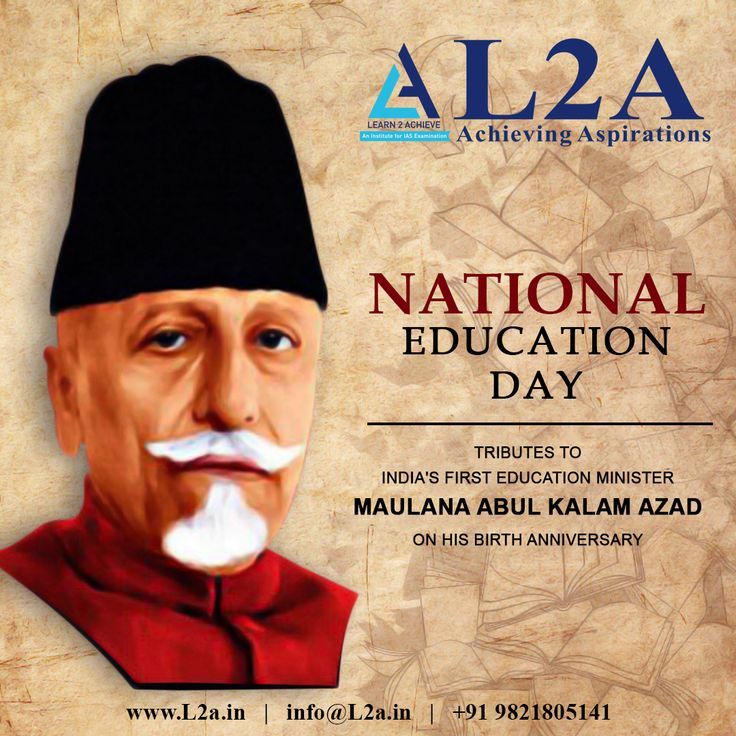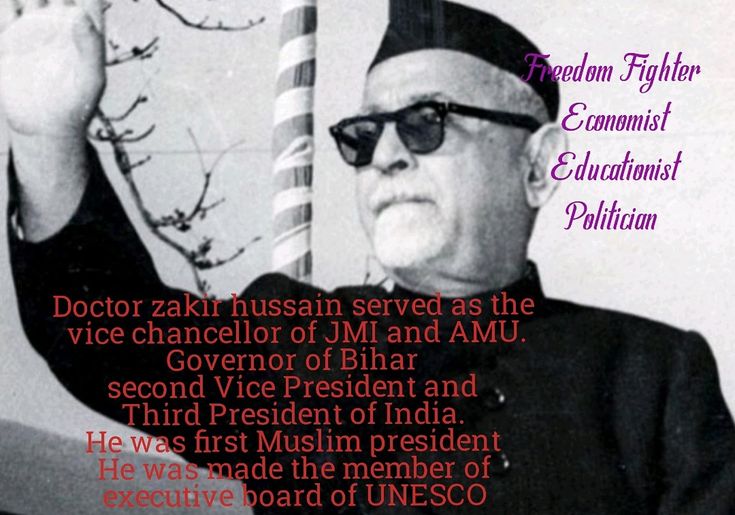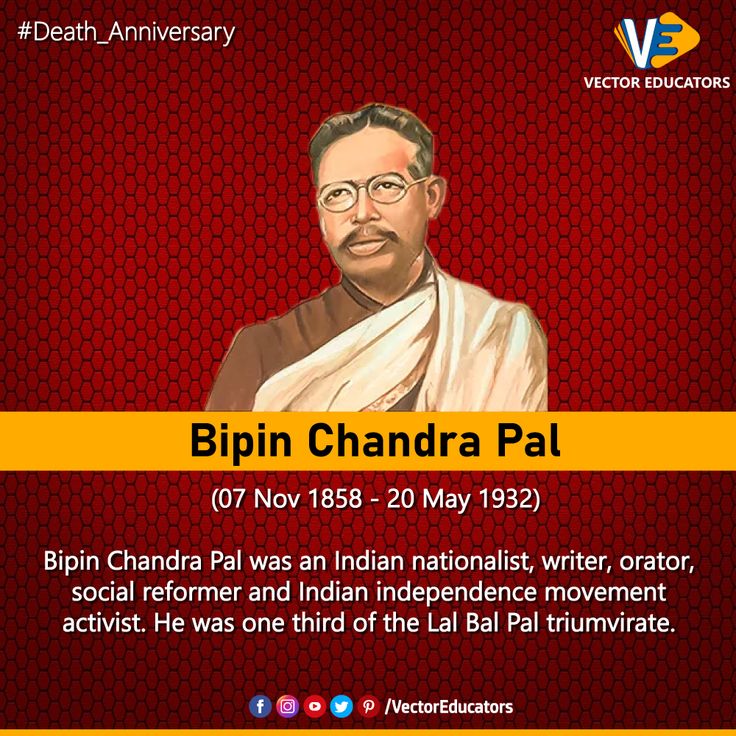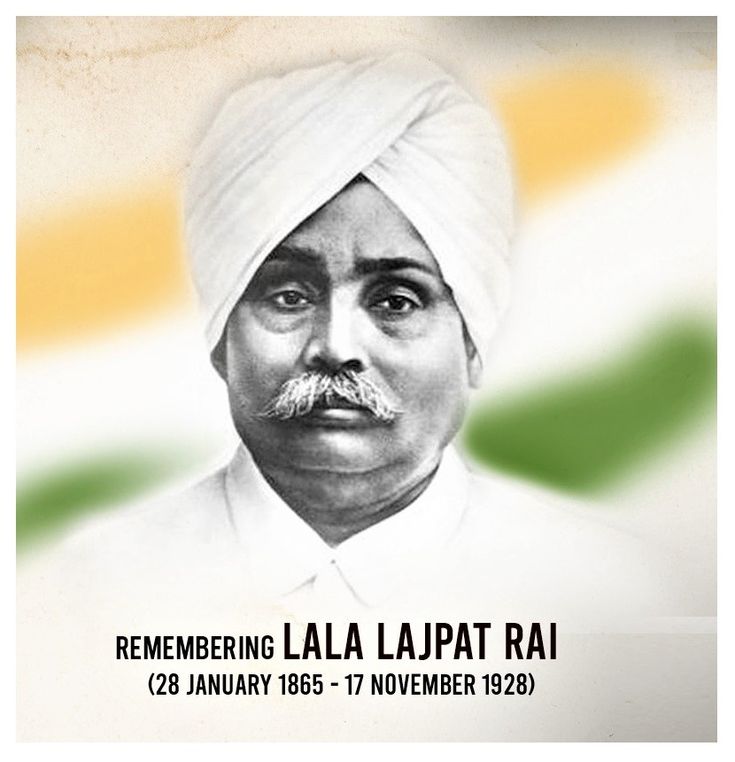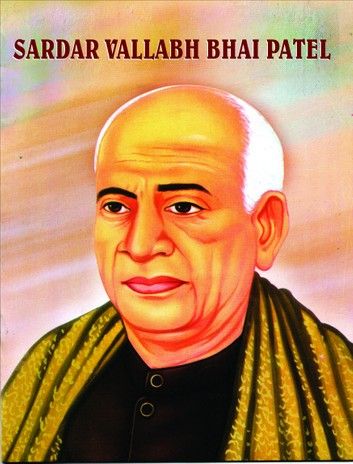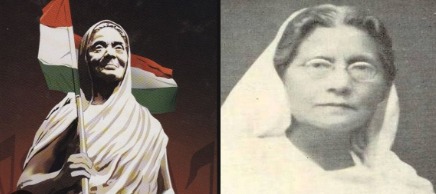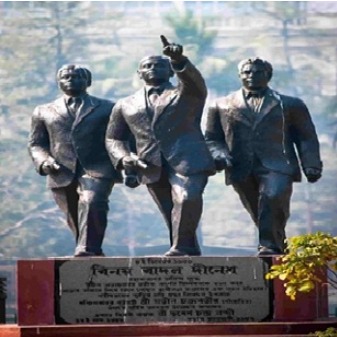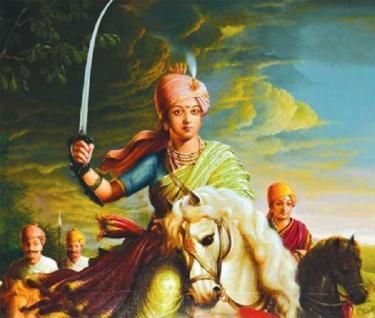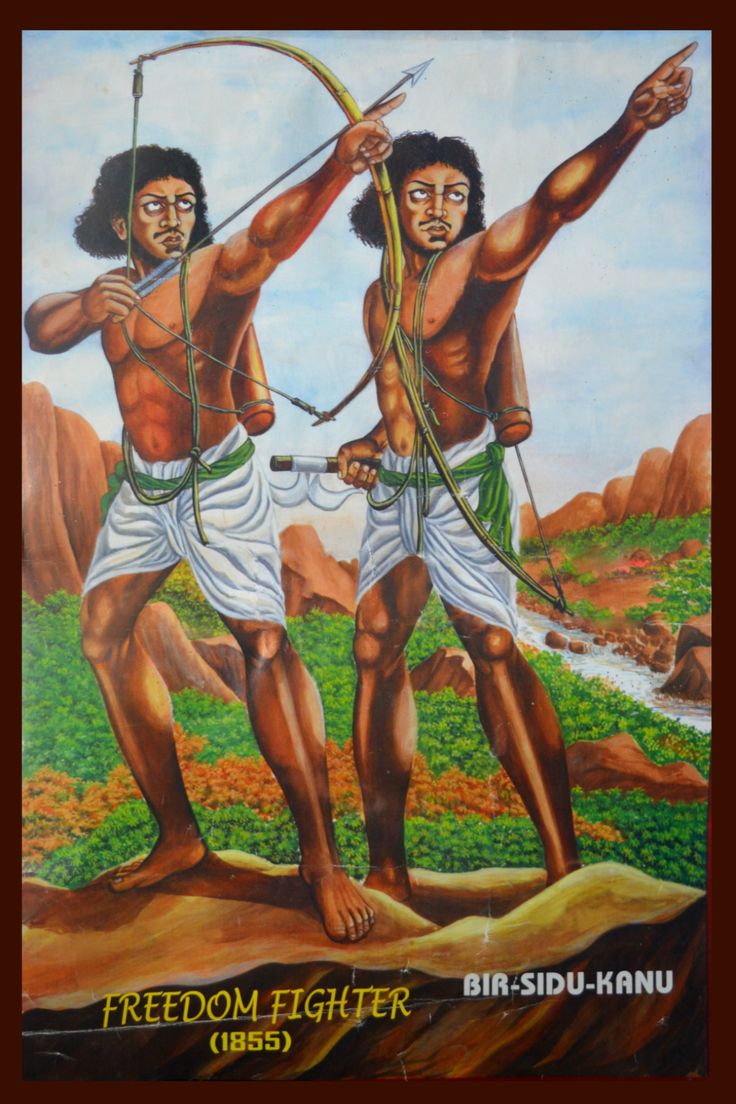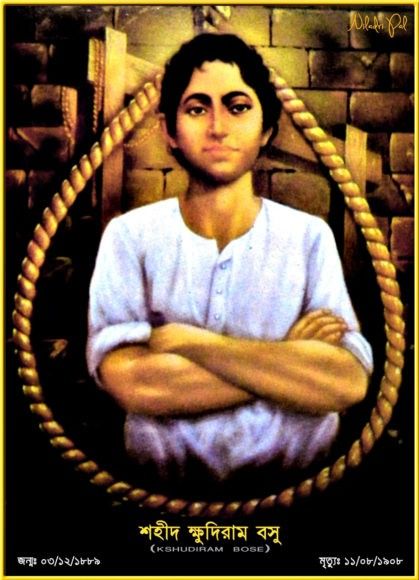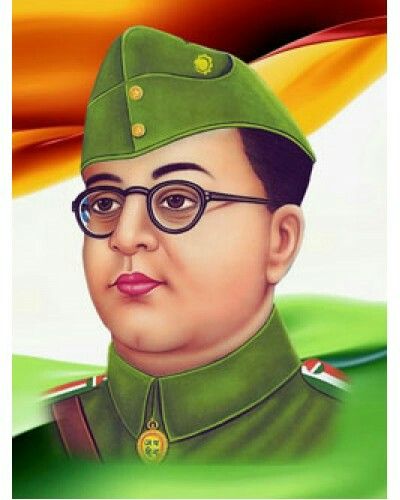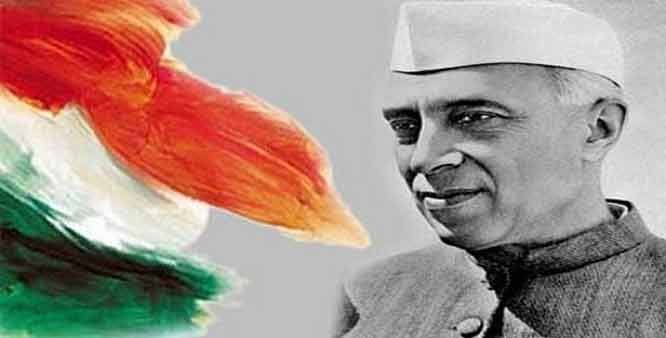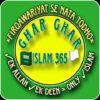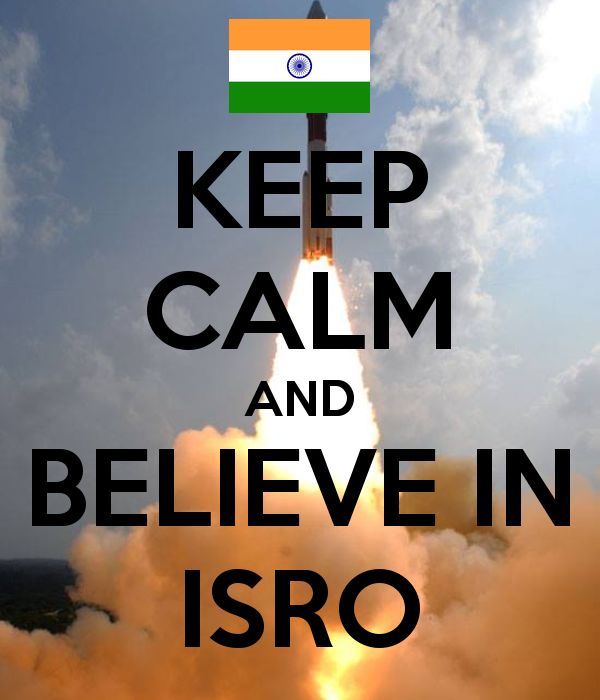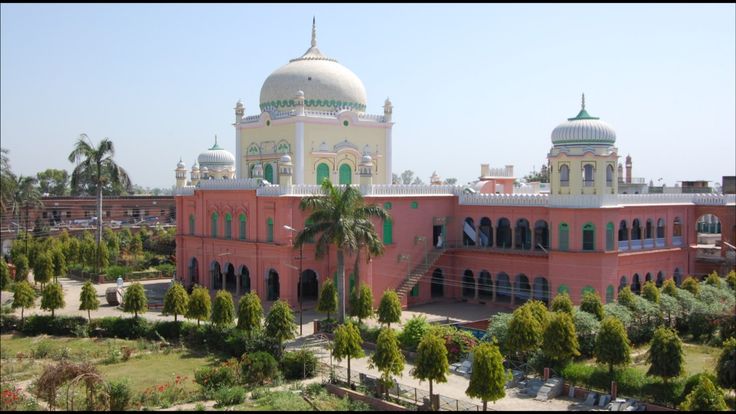78th Independence Day-Actually Gift of Our Freedom Fighters: Reflecting on 78th Years of Independence :-
1.1 The Significance of India’s 78th Independence Day :
India’s 78th Independence Day is a momentous occasion that allows us to reflect on the nation’s journey from colonial rule to becoming the world’s largest democracy. As we celebrate this milestone, it is essential to acknowledge the diverse contributions that made India’s freedom possible. Among these, the role of Muslim Ulema, Madrasas, and Muslim patriots stands out as a testament to the unity and collective effort that characterized the Indian independence movement.
1.2 Understanding the Broader Context of India’s Freedom Struggle :
The Indian freedom struggle was a long and arduous journey, marked by various movements, revolts, and sacrifices. The fight for independence was not a single event but a series of sustained efforts by people from all walks of life. While leaders like Mahatma Gandhi, Jawaharlal Nehru, and Subhash Chandra Bose are often highlighted, it is crucial to remember the significant roles played by Muslim leaders, scholars, and institutions.
2. The Freedom Struggle: Contributions of Muslim Ulema, Madrasas, and Patriots :-
2.1 The Early Involvement of Muslim Ulema in the Freedom Movement.
2.1.1 The Uprising of 1857: The First War of Independence.
The 1857 revolt, also known as the First War of Independence, was a significant turning point in the Indian freedom struggle. Muslim leaders like Bahadur Shah Zafar, the last Mughal emperor, played a critical role in leading this uprising against British rule. The involvement of Muslim Ulema, such as Maulana Fazl-e-Haq Khairabadi, was pivotal in uniting various factions against the common enemy. The Ulema used their influence to galvanize support among the masses, emphasizing the importance of resisting foreign rule.
2.1.2 The Role of Ulema in Promoting Anti-Colonial Sentiment :
Muslim Ulema were instrumental in spreading anti-colonial sentiment through their sermons, writings, and teachings. They highlighted the injustices perpetrated by the British and encouraged their followers to join the freedom movement. Scholars like Maulana Abul Kalam Azad and Maulana Hussain Ahmad Madani emerged as leading figures who used their religious authority to challenge colonial rule.
2.2 The Role of Madrasas in the Indian Independence Movement :-
2.2.1 Madrasas as Centers of Learning and Resistance :
Madrasas were not just religious institutions but also centers of learning that contributed significantly to the freedom movement. Institutions like Darul Uloom Deoband became hubs of anti-British activity, producing leaders who played crucial roles in the independence struggle. The Deoband Movement, in particular, was a response to British imperialism and aimed to revive Islamic education while opposing colonial rule.
2.2.2 The Deoband Movement’s Contribution to the Freedom Struggle :
The Deoband Movement, led by scholars from Darul Uloom Deoband, was instrumental in resisting British rule. The movement advocated for a return to Islamic principles while actively participating in the political struggle for independence. Leaders like Maulana Mahmud Hasan, known as “Shaikh-ul-Hind,” were arrested and exiled for their efforts to mobilize support against the British.
2.3 Prominent Muslim Patriots and Their Contributions :-
2.3.1 Maulana Abul Kalam Azad: A Visionary Leader :
Maulana Abul Kalam Azad was one of the most prominent Muslim leaders in the Indian National Congress. He played a crucial role in the non-cooperation movement and was a close associate of Mahatma Gandhi. Azad’s vision for a united India was instrumental in shaping the independence movement, and his efforts laid the groundwork for post-independence India.
2.3.2 Khan Abdul Ghaffar Khan: The Frontier Gandhi :
Khan Abdul Ghaffar Khan, also known as the “Frontier Gandhi,” was a Pashtun leader who advocated non-violence and led the Khudai Khidmatgar (Servants of God) movement in the North-West Frontier Province. His unwavering commitment to the freedom struggle and his efforts to promote Hindu-Muslim unity made him a significant figure in the independence movement.
2.3.3 Dr. Zakir Husain: An Educationist and Patriot :
Dr. Zakir Husain was an educationist who co-founded the Jamia Millia Islamia University, an institution that aligned with the nationalist aspirations of India. He later became the President of India, symbolizing the integration of Muslim leadership into the fabric of the Indian state.
3. Muslim Constitutional Rights Post-Independence :-
3.1 The Constitutional Provisions for Muslims in Independent India :
3.1.1 Fundamental Rights and the Protection of Minority Interests :
The Constitution of India, adopted on 26th January 1950, guarantees fundamental rights to all citizens, including Muslims. Articles 14, 15, and 16 ensure equality before the law, prohibit discrimination, and guarantee equality of opportunity. Additionally, Articles 29 and 30 protect the rights of minorities to conserve their culture, language, and religion, and to establish and administer educational institutions.
3.1.2 The Role of Muslim Leaders in Drafting the Constitution :
Muslim leaders played a pivotal role in the Constituent Assembly, ensuring that the rights of minorities were safeguarded. Maulana Abul Kalam Azad, for instance, was a key figure in the Assembly and worked tirelessly to ensure that the Constitution reflected the diversity and plurality of India.
3.2 Challenges Faced by Muslims Post-Independence :-
3.2.1 Socio-Economic Disparities :
Despite the constitutional safeguards, Muslims in India have faced significant socio-economic challenges. The Sachar Committee Report (2006) highlighted the disparities in education, employment, and economic status among Muslims, calling for targeted measures to address these issues.
3.2.2 Political Underrepresentation :
Muslims have also faced underrepresentation in political spheres, which has often led to a lack of adequate advocacy for issues affecting the community. However, various government initiatives and the rise of Muslim political leaders have started to address these concerns.
3.3 Current Status of Muslims in India :-
3.3.1 Educational and Economic Progress :
Over the years, there have been efforts to improve the educational and economic status of Muslims in India. Scholarships, reservations in educational institutions, and skill development programs have been introduced to bridge the gap. However, much work remains to be done to ensure that Muslims are fully integrated into the economic and educational fabric of the nation.
3.3.2 Political Participation and Representation :
The political participation of Muslims has seen gradual improvement, with more Muslim representatives in local, state, and national bodies. This increased representation is crucial for addressing the specific needs of the Muslim community and ensuring their voices are heard in the decision-making process.
4. The Path to a First-World India: Political, Social, and Economic Reforms :-
4.1 Political Reforms for Inclusive Governance :
4.1.1 Ensuring Minority Representation :
For India to achieve first-world status, it is essential to ensure that all communities, including Muslims, are adequately represented in political institutions. Electoral reforms, such as proportional representation and reservation of seats for minorities, could help achieve this goal.
4.1.2 Strengthening Democratic Institutions :
Strengthening democratic institutions is crucial for maintaining the rule of law and ensuring that all citizens have access to justice. This includes protecting the rights of minorities and ensuring that their voices are respected in the democratic process.
4.2 Social Reforms for a Cohesive Society :-
4.2.1 Promoting Education and Skill Development :
Education is the cornerstone of social progress. Ensuring access to quality education for all, including Muslims, is essential for building a strong and cohesive society. Vocational training and skill development programs can help uplift economically disadvantaged sections of society.
4.2.2 Fostering Communal Harmony :
A united society is vital for national progress. Promoting interfaith dialogue, addressing issues of discrimination, and fostering communal harmony are critical for building a nation where all citizens can thrive.
4.3 Economic Reforms for Sustainable Growth :-
4.3.1 Inclusive Economic Policies :
Economic policies must be inclusive to ensure that all communities can participate in and benefit from economic growth. This includes providing access to credit, promoting entrepreneurship, and creating job opportunities for Muslims and other marginalized groups.
4.3.2 Investing in Infrastructure and Innovation :
Investing in infrastructure and innovation is key to driving economic growth. This includes improving physical infrastructure, such as transportation and communication networks, as well as investing in education, research, and technology to enhance India’s global competitiveness.
5. Conclusion: Building a Stronger, United India :-
5.1 Embracing Diversity as India’s Strength :
India’s strength lies in its diversity. By embracing and celebrating this diversity, India can achieve its goal of becoming a first-world nation. The contributions of Muslims to India’s past, present, and future are vital for this progress.
5.2 The Role of Citizens in Nation-Building :
Every citizen has a role to play in building a stronger and more united India. By promoting unity, supporting inclusive policies, and working towards the common good, we can ensure that India continues to grow and prosper. This Independence Day, let us recommit ourselves to these ideals and work together to build the India of our dreams.
***Related Topic Searches :- #IndianIndependenceDay #MuslimPatriots #IndianFreedomStruggle #MaulanaAzad #DeobandMovement #MuslimHeroesOfIndia #IndiaMuslimContributions #78thIndependenceDay #IndianConstitution #MuslimRightsInIndia #RepublicDay1950 #PoliticalRepresentation #SacharCommittee #MuslimSocioEconomicStatus #MuslimEducationIndia #FirstWorldIndia #PoliticalReformsIndia #SocialHarmony #EconomicGrowthIndia #InclusivePolicies #InnovationInIndia #EducationForAll #MuslimPatriots #IndiaFirstWorldStatus #ConstitutionalRights #MuslimRoleInFreedom #NationBuilding #PoliticalReforms #SocialReforms #EconomicGrowth
78th Independence Day-Actually Gift of Our Freedom Fighters
Saluting the National Freedom fighters - Whatever we are having Today - Completely their Contributions. "Amar Hai Shaheed Humare."
